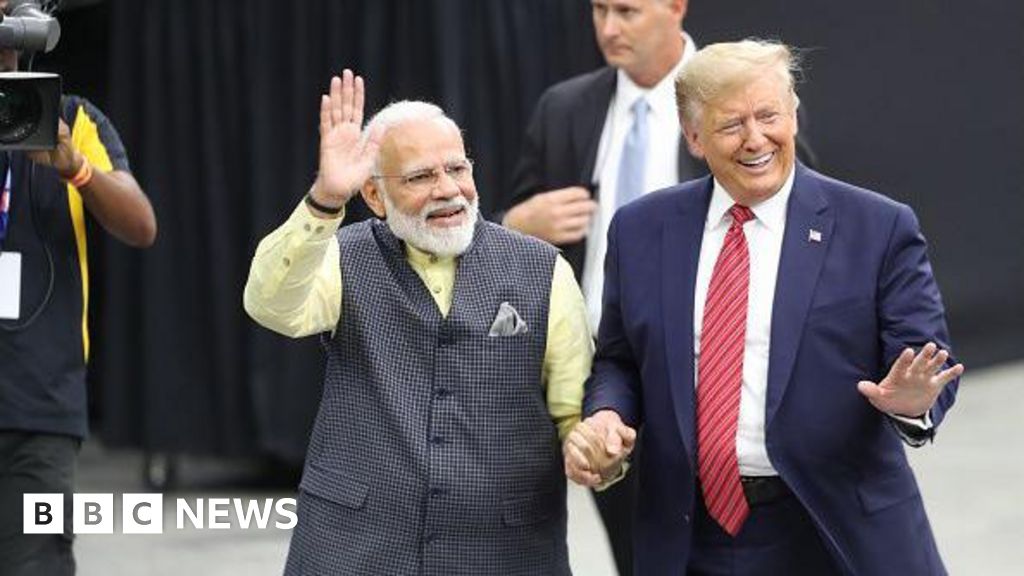India says not nervous about working with Trump

India has said it is not nervous about working with Donald Trump, as the former US president is set to return to office for a second term after his win in the recently held election.
Indian Foreign Minister S Jaishankar said on Sunday that many countries were nervous about a [Trump-led] US, but added that “India was not one of them”.
Prime Minister Narendra Modi shared cordial relations with Trump during his first term between 2017 and 2021.
But India also faced a bitter tariff war with the Trump administration that affected businesses on both sides.
India has enjoyed bipartisan support in the US, working well with both Republican and Democrat presidents over the years.
Different administrations in Washington have long viewed India as a counterweight to China.
Speaking at an event on Sunday, Jaishankar added that Delhi had no reasons to worry that India-US relations would not prosper under Trump.
“Modi was among the first three calls, I think, that President [elect] Trump took,” the minister said.
But the traffic war is likely to loom over the relationship.
The president-elect in October had called Modi a “great leader” but also accused India of charging excessive tariffs.
Analysts say it will be interesting to watch if the bonhomie between the leaders can help overcome trade differences between the two countries.
Trump and Modi have often expressed admiration for each other in the past.
In 2019, the two leaders heaped praise on each other during a joint appearance at an Indian-American community event called “Howdy, Modi!” hosted in the Indian prime minister’s honour in Texas.
The event, attended by nearly 50,000 people, was billed as one of the largest receptions for a foreign leader in the US.
The next year, during Trump’s first official visit to India, Modi hosted him at his home state in Gujarat where he organised a 125,000-strong rally at the world’s biggest cricket stadium.
But despite these big events, the relationship also suffered setbacks.
During his first term, Trump ended preferential trade status for India amid a bitter tariff war between the two countries.
Denial rate for H-1B visas also rose from 6% in 2016 to 21% in 2019, data from the US Department of Labour showed. A majority of these visas are granted to Indian tech workers.
Meanwhile, Jaishankar also argued that the balance of power between the East and West was shifting but added that older industrialised economies like the US were still very important.
“They are big markets, strong technology centres, hubs for innovation. So let’s recognise the shift, but let’s not get carried away and kind of overstate it and distort our own understanding of the world,” he said.
Related
What’s at stake for American culture with Trump’s Kennedy Center…
In her two decades as a human rights lawyer, working on issues in more than 25 countries, Hadar Harris says she is alarmed by what she's witnessing on U.S. soil
Denmark lost 52 soldiers fighting alongside the US. Now it…
Nick BeakeEurope correspondentBBCAll his adult life, Colonel Soren Knudsen stepped forward when his country called. And when its allies did.He fought alongside
As Trump upends foreign policy, Berkeley scholar sees irreparable damage…
Last week’s Oval Office blowup with Ukrainian President Volodymyr Zelensky exemplified what many foreign policy experts have long feared: that th
Trump creates a task force for the North American 2026…
President Donald Trump creates a task force to prepare for the 2026 W











